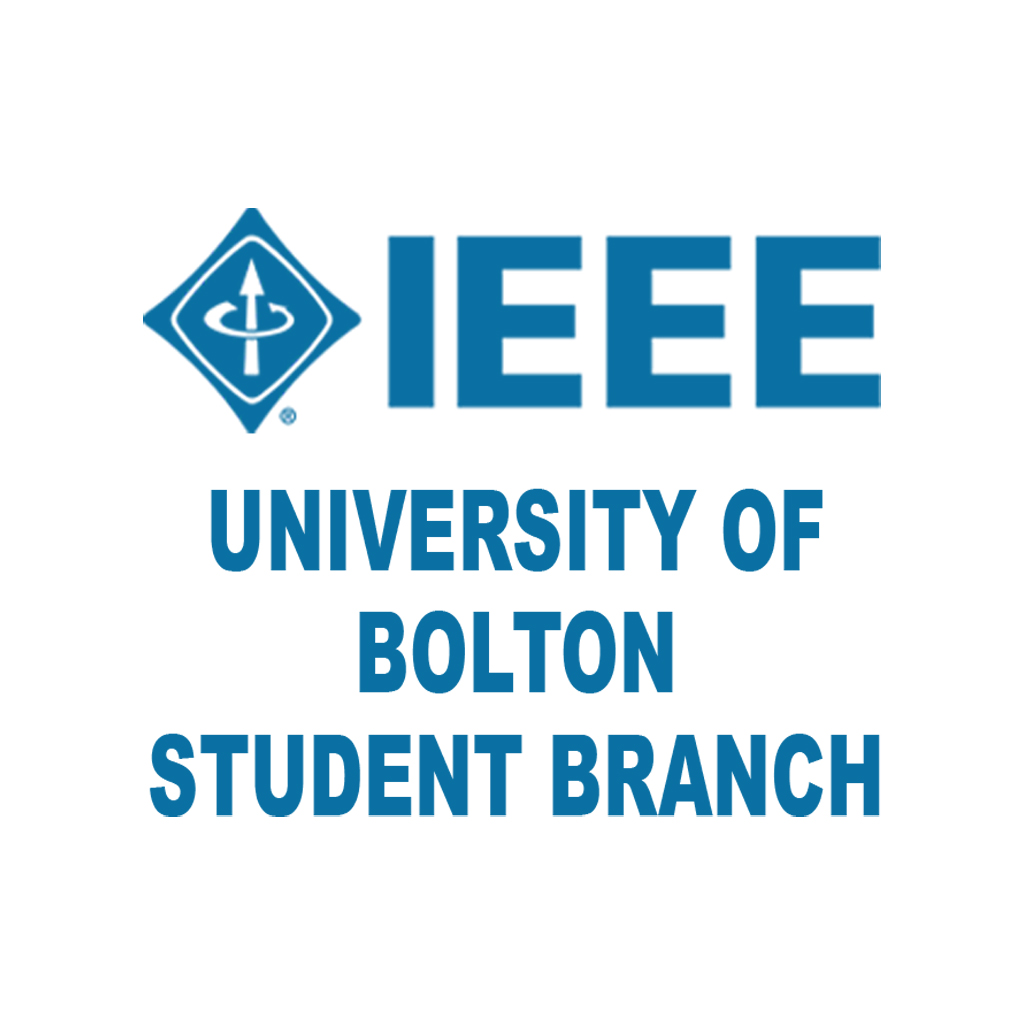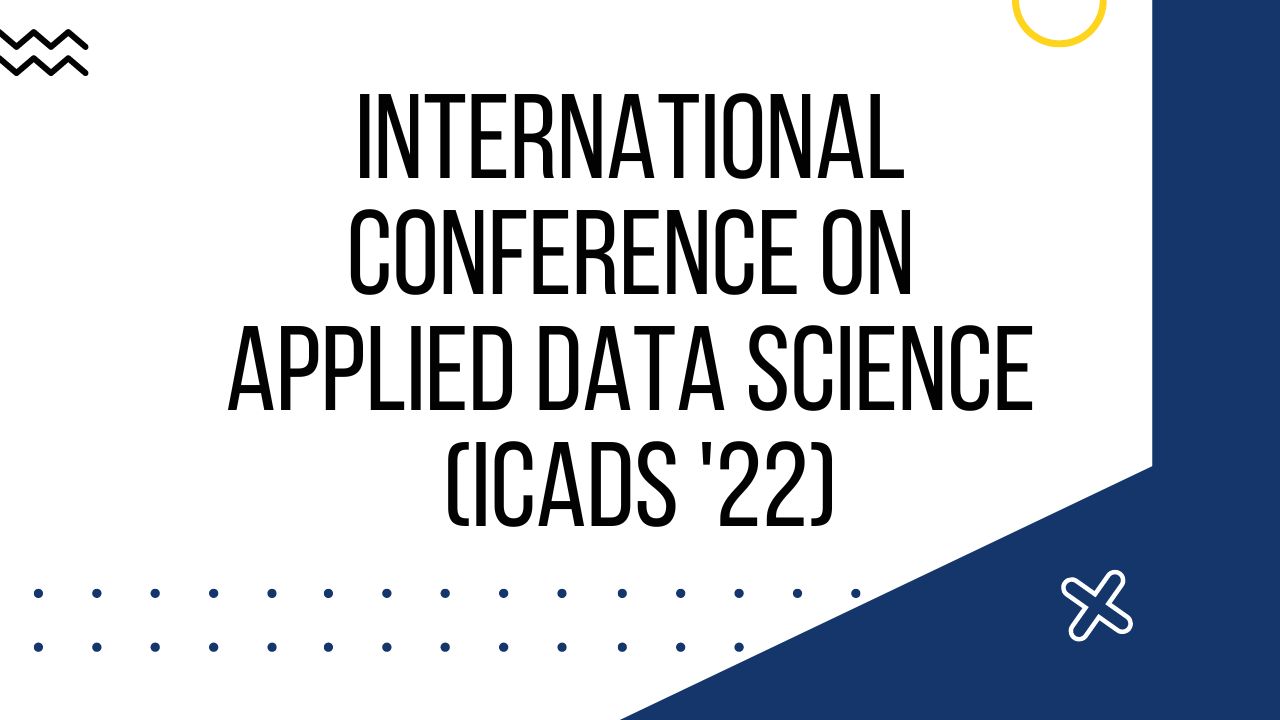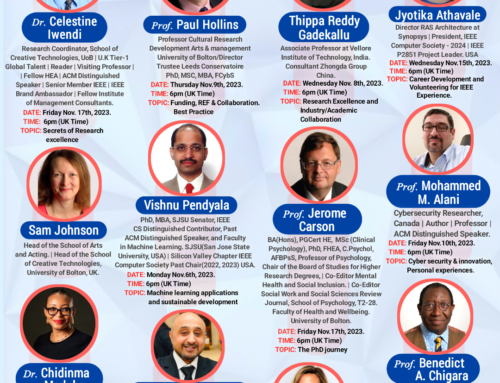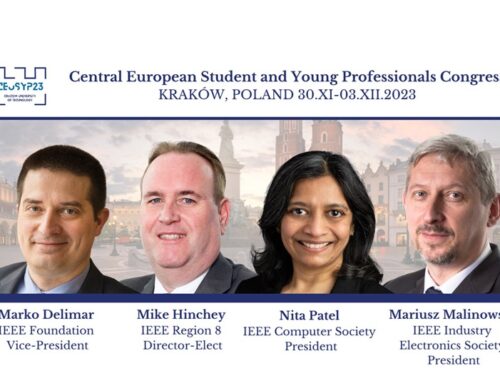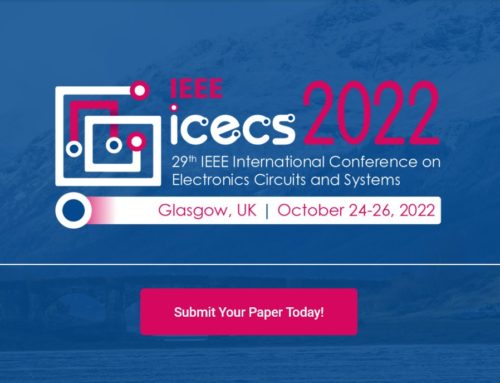International Conference on Applied Data Science was held on Tuesday, Jul 12, 2022 and covered a range of topics such as Fuzzy Loss functions for GANs, Learning Analytics, Next Generation AI and Sustainability and Deep Learning for Melodic Frameworks.
Speakers:
Prof. Priti S. Sajja, Sardar Patel University, India
Prof. Elvira Popescu, University of Craiova, Romania
Dr. Celestine Iwendi, University of Bolton, UK
Dr. Vishnu S. Pendyala, San Jose State University, USA
Synopsis:
Fuzzy Loss Functions for Generative Adversarial Neural Network
Generative Adversarial neural Networks (GAN) are very popular for medical image analysis. The paper presents an innovative fuzzy loss function for the GAN in the domain of image analysis. The GAN architecture presented here uses two convolutional neural networks, one of which is a generator and the other is a discriminator. Besides the loss function, the training algorithm is also presented in the paper. The proposed approach is generic and can be used for many domains pertaining to medical image analysis and diagnosing. The proposed work with the modified loss function is experimented on the Covid-19 image set. The results achieved are discussed in brief. In the end, the paper presents limitations and future enhancements possible based on the work.
Applied Data Science in Education
Learning analytics (LA) is a growing research area, which aims at selecting, analyzing and reporting student data (in their interaction with the online learning environment), finding patterns in student behavior, displaying relevant information in suggestive formats; the end goal is the prediction of student performance, the optimization of the educational platform and the implementation of personalized interventions. The topic is highly interdisciplinary, including machine learning techniques, educational data mining, statistical analysis, social network analysis, natural language processing, but also knowledge from learning sciences, pedagogy and sociology.
Despite its increasing popularity, LA has been applied less in the context of social media-based environments; hence in this talk we focus especially on research in social learning analytics area. In particular, we explore academic performance predictors and the relationships between students’ learning styles and their social media use; we also investigate students’ collaboration patterns and the community of inquiry supported by social media tools. Four research directions are tackled: analytics dashboards, predictive analytics, social network analytics and discourse analytics. As far as analysis techniques are concerned, we apply various approaches, such as: classification, regression, clustering and PCA algorithms, textual complexity analysis, social network analysis techniques, content analysis based on Community of Inquiry. We thus address the “trinity” of methodological approaches: i) network analysis (representing actor-actor / social relations); ii) process-oriented analysis (based on action logs and pattern detection); iii) content-oriented analysis (based on learner created artefacts); hence a more comprehensive learning analytics perspective is provided.
Next Generation Artificial Intelligence and Energy Sustainability
The industry is on a mission to capture the business value that comes with the Next Generation Artificial Intelligence in the context of Industry 5.0 and Energy 5.0 as regarding the provision of renewable energy production facilities. This has greatly increased the need to address the cyber risk landscape with a secure, vigilant, and resilient response and system in place. This marriage of algorithms, processes, and ingenuity will enable humans and machines work hand-in-hand utilising human-centric design solutions in collaboration with human resources to enable sustainable, personalized and autonomous manufacturing through enterprise social networks. This talk will analyse how AI could engender better and more informed decision-making during crisis management scenarios. Furthermore, we shall elaborate how Industry 5.0 actively encourages and enhances the relationship between humans and robots in a cyber-physical domain and in the field of energy consumption, while also relying on advanced five-sense and hologram-based communications.
Deep Learning for Melodic Frameworks
Audio signals that appeal to the ear and create melody usually confirm to a structural framework. Audio is one of the four datatypes that deep learning works best on, the other three being image, video, and text. This talk will give insights into our deep learning experiments on audio signals particularly with respect to latent melodic frameworks within them.
Speaker Biography:
Prof. Priti Srinivas Sajja has been working at the Post Graduate Department of Computer Science, Sardar Patel University, India since 1994 and presently holds the post of Professor. She specializes in Artificial Intelligence and Systems Analysis & Design especially in knowledge-based systems, soft computing and multi-agent systems. She is author of Illustrated Computational Intelligence (Springer, 2020) and Essence of Systems Analysis and Design (Springer, 2017) published at Singapore and co-author of Intelligent Techniques for Data Science (Springer, 2016); Intelligent Technologies for Web Applications (CRC, 2012) and Knowledge-Based Systems (J&B, 2009) published at Switzerland and USA, and four books published in India. She is supervising work of a few doctoral research scholars while eight candidates have completed their Ph.D research under her guidance. She has served as Principal Investigator of a major research project funded by the University Grants Commission, India and as a member of Indo-Russian Joint Research Project. She has produced 219 publications in books, book chapters, journals, and in the proceedings of national and international conferences out of which five publications have won best research paper awards.
Prof. Elvira Popescu is a Full Professor at the Computers and Information Technology Department, University of Craiova, Romania. Her research interests include technology-enhanced learning, adaptive educational systems, learner modeling, computer-supported collaborative learning, learning analytics, and intelligent and distributed computing. She authored and co-authored over 100 publications, including two books, journal articles, book chapters, and conference papers. In addition, she co-edited six journal special issues, as well as 20 international conference proceedings. She participated in over 15 national and international research projects, three of which as a principal investigator. Prof. Popescu also serves as the Vice Chair for the IEEE Women in Engineering Romania Section Affinity Group and is a board member for the IEEE Technical Committee on Learning Technology and the International Association of Smart Learning Environments. She is also a Distinguished Speaker in IEEE Computer Society Distinguished Visitors Program (2020-2023). She received several scholarships and awards, including five best paper distinctions. She is actively involved in the research community by serving as associate editor for three journals (IEEE Transactions on Learning Technologies, Smart Learning Environments, Frontiers in Computer Science), member of five other journal editorial boards, organizing a series of international workshops (SPeL 2008–2020), serving as a conference chair, program committee chair and track chair for over 20 conferences.
Dr. CELESTINE IWENDI is an IEEE Brand Ambassador as well as a visiting Professor with many universities including Coal City University, Nigeria; School of Computing, Faculty of Engineering, BIHER, India; and the School of Computing & Engrg, Vel Tech Rangarajan Dr.Sagunthala R&D Institute of Science and Technology, India. He also serves as an Honorary Adjunct Professor and Investigator in the Center of Excellence in Robotics and Mechatronics, ITM Baroda University, India; Adjunct Professor, Delta State Polytechnic, Nigeria; Honorary Professor in the School of Computing Science and Engineering, Galgotias University, India; and an Associate Professor (Senior Lecturer) in the School of Creative Technologies, University of Bolton, United Kingdom. He is a Fellow of the Higher Education Academy, United Kingdom and a Fellow of the Institute of Management Consultants. He authored over 60 peer-reviewed articles. He has delivered over 65 invited and keynote talks. He is a Distinguished Speaker, ACM; Senior Member of IEEE; Member, ACM; Member, IEEE Computational Intelligence Society; Senior Member, Swedish Engineers; Member, Nigeria Society of Engineers; and Member, Smart Cities Community, IEEE. Dr. Celestine is listed among the 2% top-scientist list. The list has been prepared by Stanford University and published by Elsevier.
Dr. Vishnu S. Pendyala is a faculty member of the Department of Applied Data Science at San Jose State University and is the Chair of the IEEE Computer Society, Silicon Valley Chapter. He has over two decades of experience in the software industry in the Silicon Valley, USA. During his recent 3 year term as an ACM Distinguished speaker and before that as a researcher and industry expert, he gave numerous (50+) invited talks. He holds MBA in Finance and PhD, MS, and BE degrees in Computer Engineering from US and Indian universities. Dr. Pendyala taught a one-week course sponsored by the Ministry of Human Resource Development (MHRD), Government of India, under the GIAN program in 2017 to Computer Science faculty from all over the country and delivered the keynote in a similar program sponsored by AICTE, Government of India in 2022.
